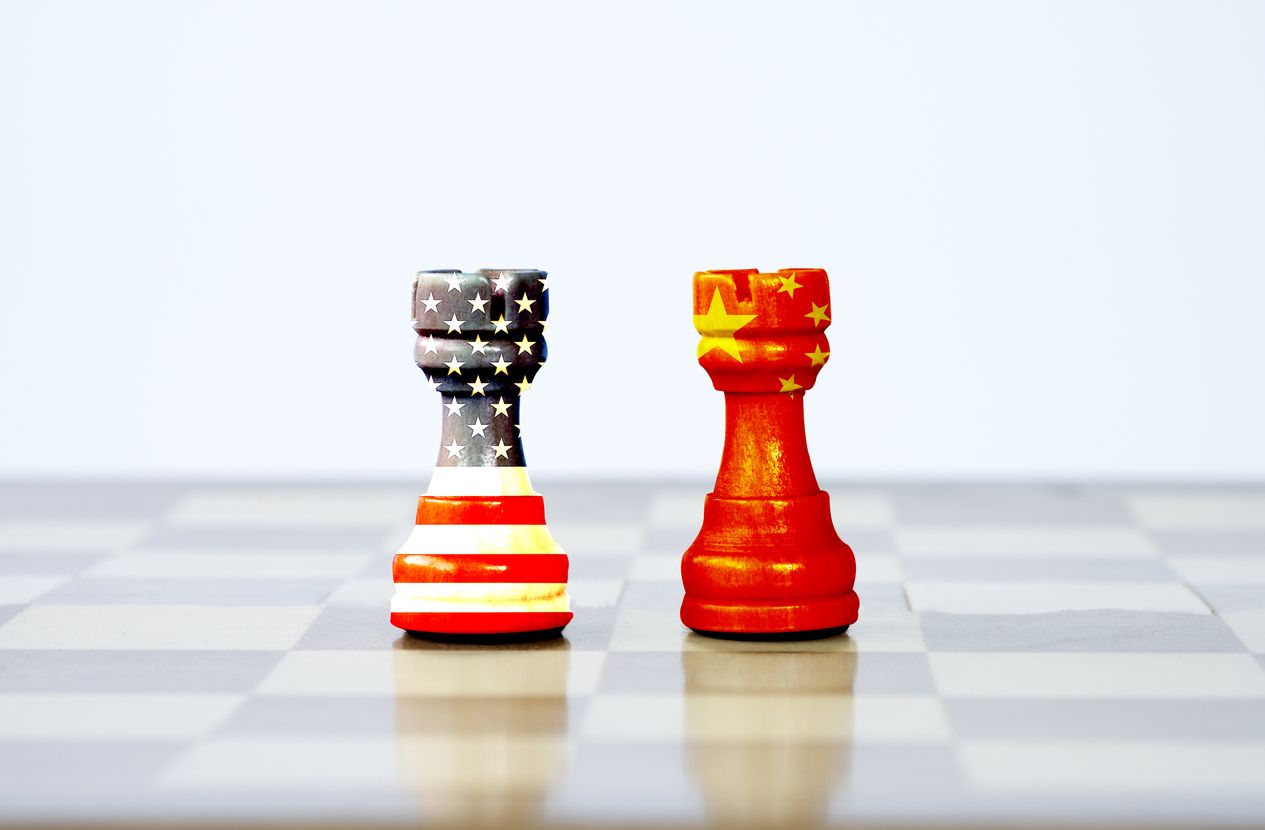
The island state’s unique understanding of Western and East Asian cultures makes it an ideal interpreter between the U.S. and China, says SMU Chairman Ho Kwon Ping
In the three statements ASEAN (the Association of Southeast Asian Nations) have put out on the war in Ukraine, none has mentioned ‘Russia’ specifically. That is unsurprising since Russia are major arms exporters to ASEAN members Vietnam (80 percent of total imported arms), Laos (47 percent), and Myanmar (40 percent). Singapore has such insignificant dealings with Russia that they do not show up on the SIPRI database.
Singapore’s stance, which included imposing banking sanctions and calling out Russia’s “invasion of Ukraine [as] a clear and gross violation of the international norms”, stands out among its ASEAN neighbours. Singapore Management University (SMU) Chairman Ho Kwon Ping observes that there is more to ASEAN’s reluctance to criticise Russia than just securing military supplies.
“Quite a lot of ASEAN countries are aghast at what Russia has done, but they are probably even more unhappy about the hypocrisy of the U.S. and its approach to what Russia has done,” referring to America’s invasion of Afghanistan and Iraq. Ho notes that Great Power politics dictates America painting Russia as the villain, and therefore Ukraine as the victim, but the disparity between sympathy for Ukrainians vis-à-vis towards Afghans and Iraqis “has not been very well received by quite a number of ASEAN countries”.
Treading a nuanced path between America and China
Ho made those observations at a fireside chat marking the start of the SMU-Wharton Global Modular Course which was attended by Wharton MBA students. The SMU chairman says America’s decision to lump China together with Russia in a democracies-versus-autocracies fight puts Singapore in a tight spot.
“We play to American sentiment and, being a very small country, we need to. But at the same time, we've made sure that the Chinese understand we're not lackeys of the Americans,” says Ho. “I think Singapore recognises that China has legitimate Great Power rights in this part of the world. I think every country in this part of the world recognises that. America needs to recognise that China has legitimate rights, just as Russia as a Great Power has legitimate rights.
“At the same time, I think we also recognise from history that if there's not a countervailing force in this part of the world, Asia in the next 100 years would look like maybe Asia a few centuries ago. China was the predominant power under the Ming Dynasty and…we were all vassal states. There’s a big difference to being a colony and a vassal state, but I don't think any country in Asia today wants to be a vassal state of China.”
He adds: “I think [Singapore walks] a very nuanced path where we try to convey to all parties that…it's in China's best interest that it recognises that it should not project its power in the South China Sea too much, but that it has very legitimate interest in the South China Sea; and that America also should have a role here, but that it should no longer be one of Pax Americana.”
Ho cited Singapore’s understanding of Western and Chinese cultures which allows it to see America’s and China’s criticism of each other from both points of view, thus making it an effective interpreter.
“Because English is our working language, we are socially and culturally very familiar with Western thinking, having absorbed pop culture through access to the language since our kindergarten days,” he says. “At the same time, we come from deeply East Asian cultures too, within our own families.
“We probably have a more nuanced understanding of the genuine concerns of the American leadership and the genuine concerns of the Chinese leadership, whereas the Chinese see the Americans and Americans see the Chinese in sort of black and white terms. They see each other more as caricatures, and they don't see that each side has got very legitimate concerns about each other.”
He adds: “I think the role that Singapore can play behind the scenes is for us to talk to Americans as Singapore’s leadership does behind the scenes, without embarrassing the Chinese and so on, and try to make Americans as a whole understand what Chinese people are genuinely thinking and that China need not be a threat to America.
“At the same time, we communicate to China, ‘You maintain the attitudes of Chinese nationalism, then Americans get offended but we get scared.’ America gets offended that it will no longer be the preeminent power, but countries in Southeast Asia get scared when China starts talking about Chinese nationalism.
“I think our job, really, is to try to create some sense among all the parties, that increased misunderstanding of each other is highly dangerous. And that's about all we can do.”
Follow us on Twitter (@sgsmuperspectiv) or like us on Facebook (https://www.facebook.com/PerspectivesAtSMU)